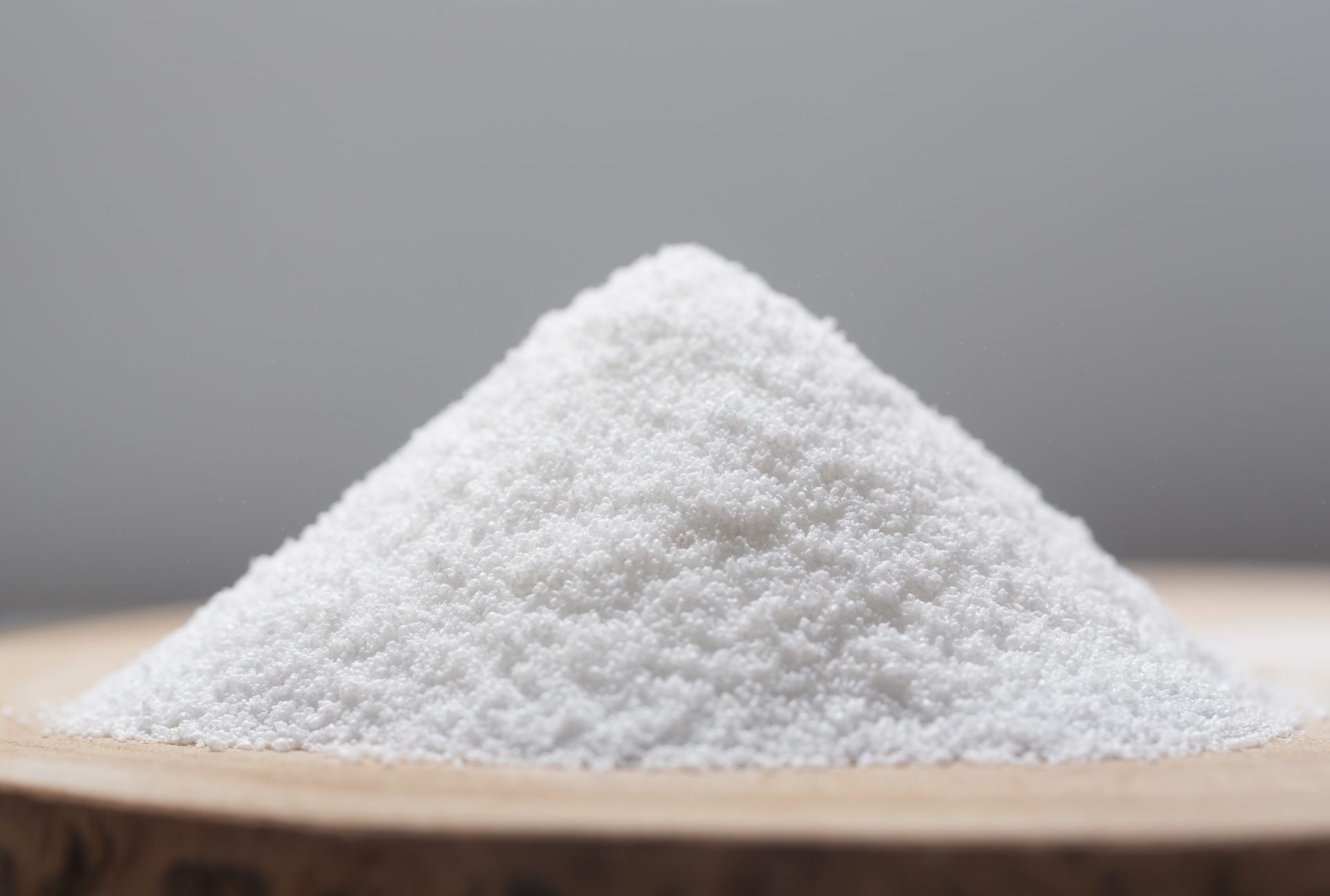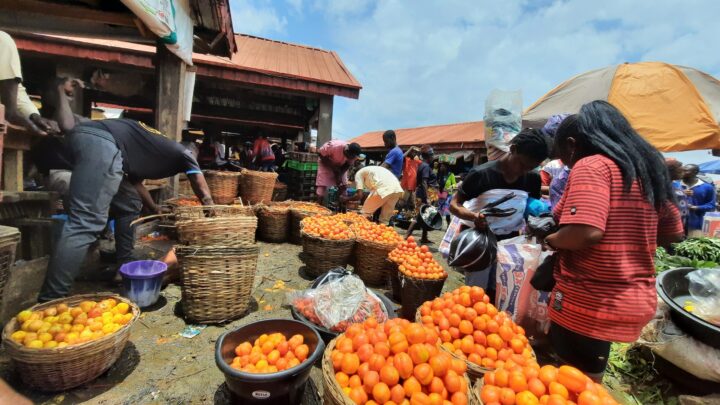Aspartame sample (Photo Credit: Stylist.co.uk, 2023)
BY JOSHUA OPANIKE
On July 14, 2023, the cancer research arm of the World Health Organisation announced that aspartame, a substance used as a substitute for sugar in sweetening many processed foods was ‘possibly carcinogenic’, and the reason for the new classification was that current evidence in support of aspartame’s implicitness in causing cancer was insufficient. The report simply acknowledges the cancer-causing potential of aspartame but refuses to commit itself to a definitive verdict.
This may be consistent with upholding the tenets of scientific processes which rely only on what can be doubtlessly proven. However, this instance may be more complicated than it seems. Organisations like the WHO struggle to maintain neutrality in the midst of intense global political machinations, but in the process, they become political. The report’s wordings shy away from commitment and attempts at neutrality between industry and consumer health, which is problematic. This article considers the general premise for the report and the effect it could have on public health.
Aspartame was discovered in 1965, but by 1983, it had become vital in the (then) $25 billion soft drink industry, becoming an effective replacement for saccharin after the latter became unpopular due to safety concerns. Aspartame’s prominence was fueled by two main factors; the increasing need for products that do not contain sugar and its economic imperatives for companies. Sugar was being implicated as a risk factor for major health conditions but this assertion was based on half-truths. The mere presence of sugar in processed foods is not the cause of the unhealthy outcomes they are associated with.
Advertisement
The problem with processed foods was the very high density of calories they contained. Most beverages like carbonated drinks are not as filling as solid food. Therefore, the volume required for satiety will eventually lead to taking in more calories than is needed. In clear terms, a portion of pounded yam is filling. A pack of cookies is not despite containing more calories than the pounded yam. Since a pack of cookies is unable to trigger the satiety centre in the brain, more packs have to be consumed to achieve satiety.
The excess calories build up to cause obesity and insulin resistance, risks that predispose to the development of several medical conditions. This problem is not limited to sugar-sweetened beverages alone. Although artificial sweeteners do not contain as many calories as sugar-containing products, processed foods generally are calorie dense and have been found to pose a risk for developing different health conditions irrespective of the sweetening agent used to prepare them.
This misconception was also the premise for the economic preference for aspartame. On one hand, there was a significant population that would only drink carbonated drinks if they were ‘healthy’; that is, if they contained less sugar. On the other hand, aspartame was accepted as a safer alternative to saccharin and it revived hopes for a ‘diet’ industry that would have fizzled out of existence. Due to its incredible sweetness, about 200 times more than sugar, it helped companies fetch great profits. Aspartame, like other sweeteners, is at the centre of a multibillion-dollar industry that takes advantage of inconsistent health advisory information.
Advertisement
Clearly, an outright declaration against the substance by the WHO could have had far-reaching consequences. It would not take more than a brutally honest report for the entire industry to start crumbling. It may be argued that the WHO has a moral obligation to not be the source of global economic stability especially with the world still recuperating from a devastating COVID-19 pandemic whose economic effects are daunting.
However, the lives of millions of people that continue to consume several kinds of processed edibles that contain aspartame are important. These people are being exposed to the development of several kinds of cancers and particularly live in developing countries where economic realities are forcing companies to scale up production of these cheaper alternatives.
The WHO has recommended that daily intakes should be maintained at the current range and called on independent researchers to elucidate other areas of contention. But it is a scary thought, that when eventually these grey areas of research have been cleared, much irretrievable damage would have been done.
Joshua Opanike is a final year medical student in south-west Nigeria and an alumnus of the Millennium Campus Fellowship.
Advertisement
Views expressed by contributors are strictly personal and not of TheCable.
Add a comment






